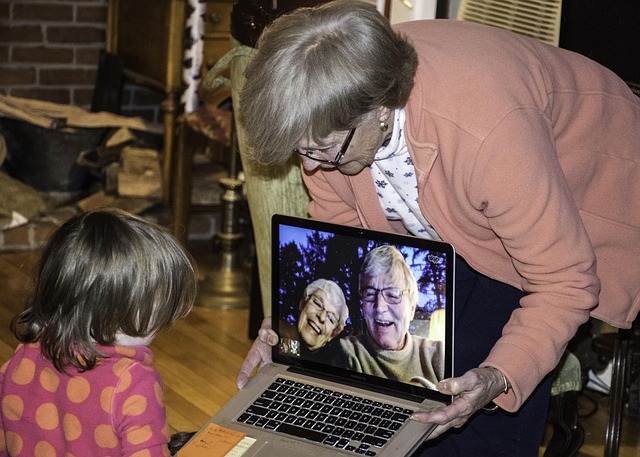In Oregon, a strong legal framework protects grandparent-grandchild relationships, with laws governing custody, visitation, and parental rights. The Oregon Family Court recognizes the vital role grandparents can play in a child's life, providing guidelines to safeguard these bonds when parents are unable or unwilling to care for them. Grandparents can exercise legal options like seeking court-ordered visitation, petitioning for custody, or intervening in family law cases, but must consult an experienced family law attorney familiar with Oregon's system. Oregon's Family Law and Children's Welfare laws prioritize the rights and best interests of all family members, offering a balanced approach to custody, visitation, and guardianship decisions. Navigating this process requires expertise in interpreting laws and tailoring arguments to each family's unique circumstances.
In Oregon, understanding the legal framework for grandparent advocacy is crucial for ensuring children’s best interests are served. This comprehensive guide navigates the complex landscape of Oregon’s family law and children’s welfare laws, offering an in-depth look at legal guardianship and advocacy roles. We explore practical steps for grandparents to establish grandparenting time and advocate effectively, addressing potential challenges and providing valuable resources, including local support groups, legal aid, and court-appointed advocates. By delving into these aspects, this article empowers Oregon’s grandparents to play an active role in their family’s future.
- Legal Framework for Grandparents' Advocacy in Oregon
- – Overview of Oregon's Family Law and Children's Welfare Laws
- – Defining Legal Guardianship and Advocacy Roles
Legal Framework for Grandparents' Advocacy in Oregon

In Oregon, the legal framework for grandparents’ advocacy is governed by a series of state laws and regulations that provide rights and protections for grandparent-grandchild relationships. Navigating legal advocacy in Oregon for grandparents involves understanding specific statutes related to custody, visitation, and parental rights. The Oregon Family Court recognizes the significant role grandparents can play in a child’s life and has established guidelines to ensure these relationships are protected and facilitated when parents are unable or unwilling to provide care.
Grandparents’ legal options in Oregon may include seeking court-ordered visitation rights, petitioning for temporary or permanent custody, or intervening in ongoing family law cases. The state’s laws prioritize the best interests of the child while also recognizing grandparent’s unique bond and contribution to a child’s upbringing. When navigating these legal avenues, grandparents are encouraged to consult with an experienced family law attorney who can guide them through the Oregon legal system and help advocate for their rights and those of their grandchildren.
– Overview of Oregon's Family Law and Children's Welfare Laws

Oregon’s legal framework for family matters, including grandparent’s advocacy, is primarily governed by its Family Law and Children’s Welfare laws. These statutes are designed to protect the rights and best interests of all family members, ensuring a balanced approach to custody, visitation, and guardianship decisions. Grandparents advocating for time with their grandchildren often navigate a complex legal landscape, where state laws provide guidelines but also offer flexibility in unique situations.
Understanding these laws is crucial when embarking on legal advocacy in Oregon. The state recognizes the significant role grandparents can play in a child’s life, fostering stability and continuity. Therefore, grandparent visitation rights are protected under various provisions, allowing courts to make decisions that promote healthy relationships while considering parental autonomy. Navigating this process requires familiarity with relevant statutes, case law, and the specific circumstances of each family.
– Defining Legal Guardianship and Advocacy Roles

In Oregon, legal guardianship and advocacy roles are defined by state laws designed to protect the best interests of minors. Legal guardianship involves assuming legal responsibility for a child’s care, including decision-making authority over their well-being, education, and healthcare. Advocacy, on the other hand, focuses on promoting and protecting the rights and interests of individuals within various systems, such as mental health, social services, or education. Grandparents, in particular, may find themselves navigating legal advocacy roles when they seek to maintain significant relationships with their grandchildren despite changes in family dynamics or custody arrangements.
Understanding these roles is crucial for grandparents advocating in Oregon. Legal advocacy can range from representing a grandchild’s interests in court proceedings to lobbying for policy changes that support families. Navigating the legal system requires knowledge of relevant laws, such as those concerning visitation rights, custody, and support. Grandparents interested in advocacy should also be aware of available resources, including legal aid organizations and support groups, which can provide guidance and assistance in their efforts to protect and strengthen family connections.














